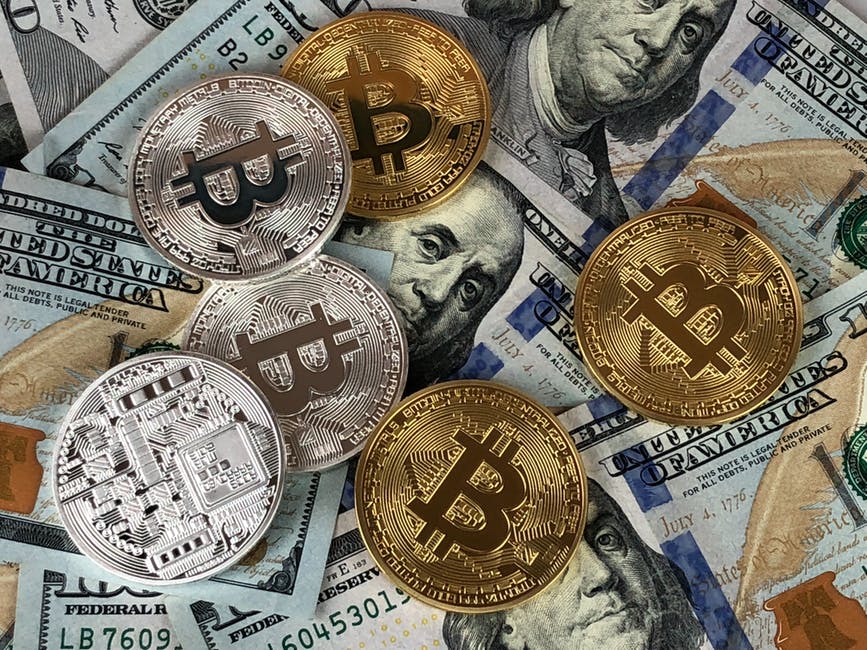Comments (14)
Morgan Selenius
I never quite understood cryptocurrencies' juridiction & regulation but finally I do!
Mohsen Khan
I would say that Bitcoin is in the early 90's stage of adoption that the internet was in.
Rob K
Block chain is too confusing but thankfully your post explained to some extent.
Shawn Mendes
Bitcoin is creepy.....
Roman
Who else is honest enough to admit that Bitcoin, XRP, Litecoin and Etherium are actually more diverse and complex than initially thought?
Chris Mando
I'm impressed with how well you broke down a fairly complex subject.
Chris Mando
Thank you for making an accurate article on blockchain and tulip bulbs. There's so much misinformation about this topic out there.
Nathan Richter
I love how you explain stuff. I have never found a way to explain people how regulation works in cryptocurrencies in an easy non technical way. you nailed it!
Logan Andren
Between the government and hackers, I prefer hackers.
J Wolf
I figured this would happen as it was getting more popular.
Tony F
As citizens, it's our responsibility to make sure what we invest and meet the criteria of a sound investment, not the governments nor regulators. We don't need, and should not accept, their intervention.
Kumar Mehta
Can you talk a bit about taxes? I know it is boring, but there is very little information and guidance about how to report and what to report with regard to crypto profits. No one wants an audit, haha

Dylan Lewis-Creser
We already have a regulated stock market and I don’t see any benefit.
Jack Crawford
good post, enjoyed reading it but I could not care less about what the SEC thinks about cryptocurrencies.....It's the bully that steals lunch money at school........




Leave your comments
Post comment as a guest